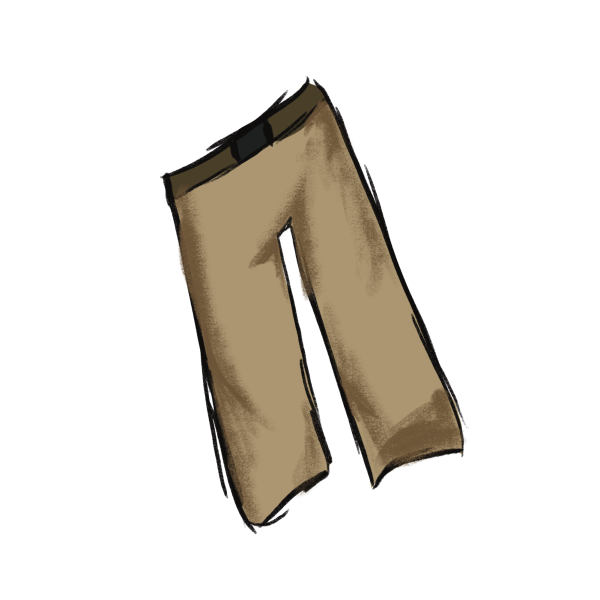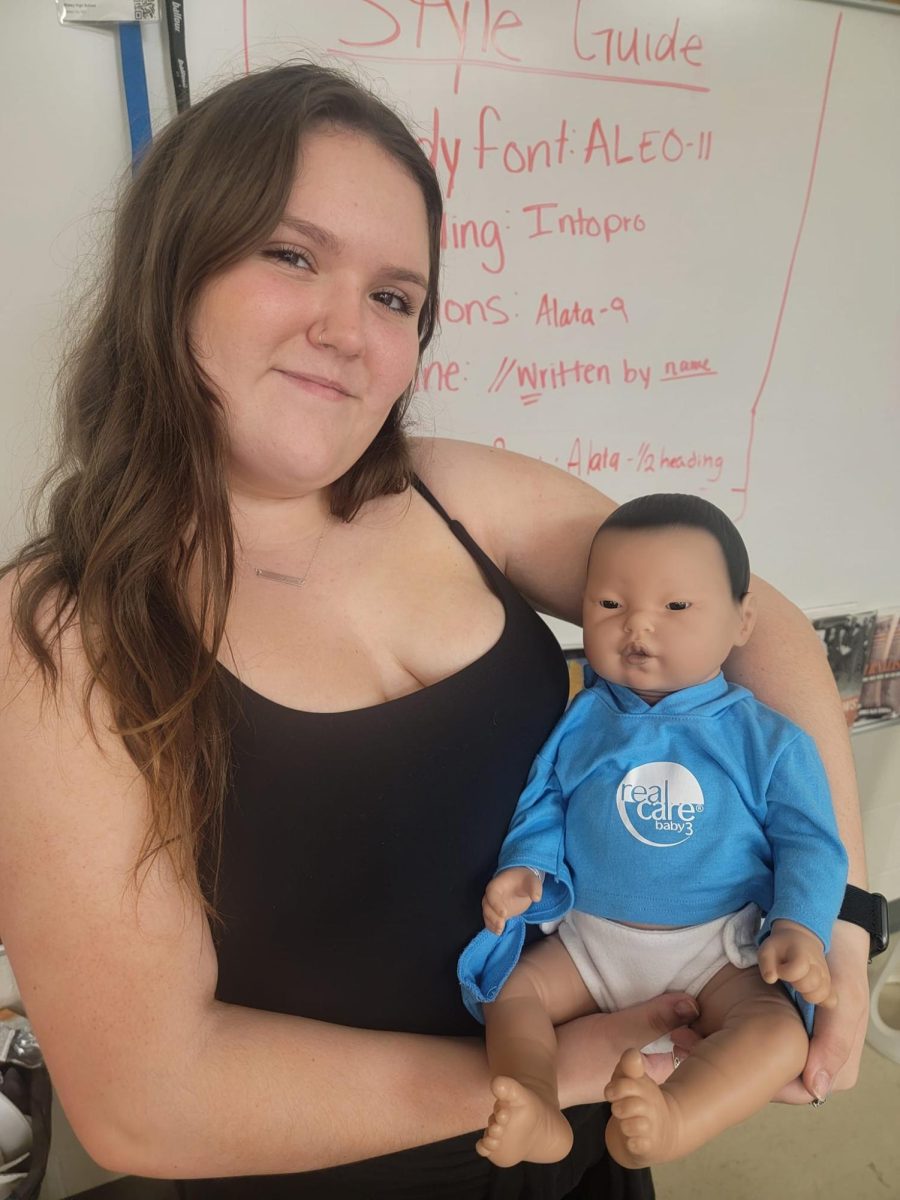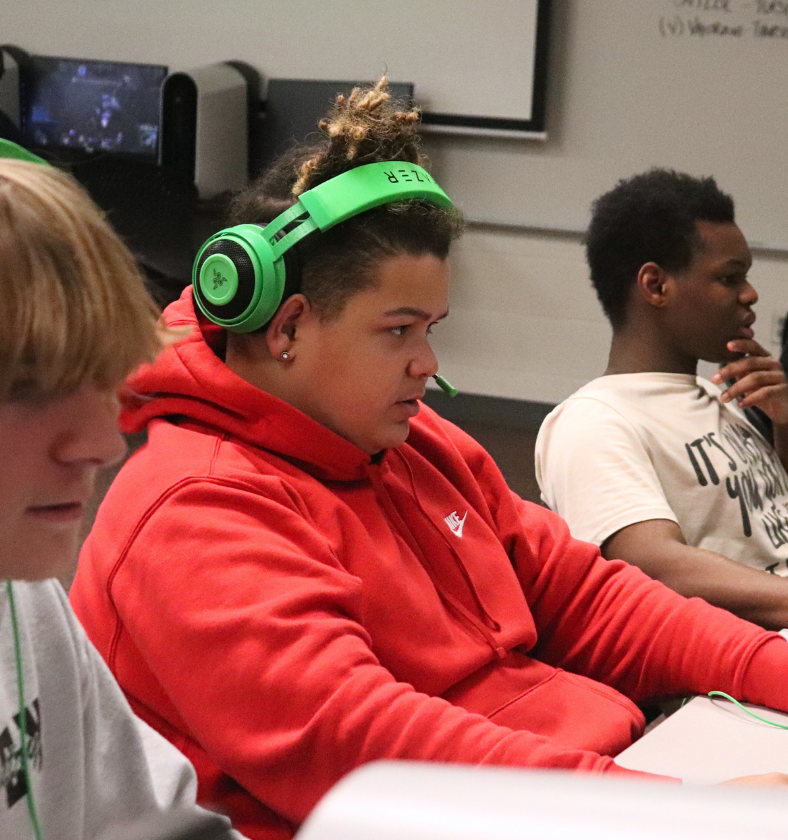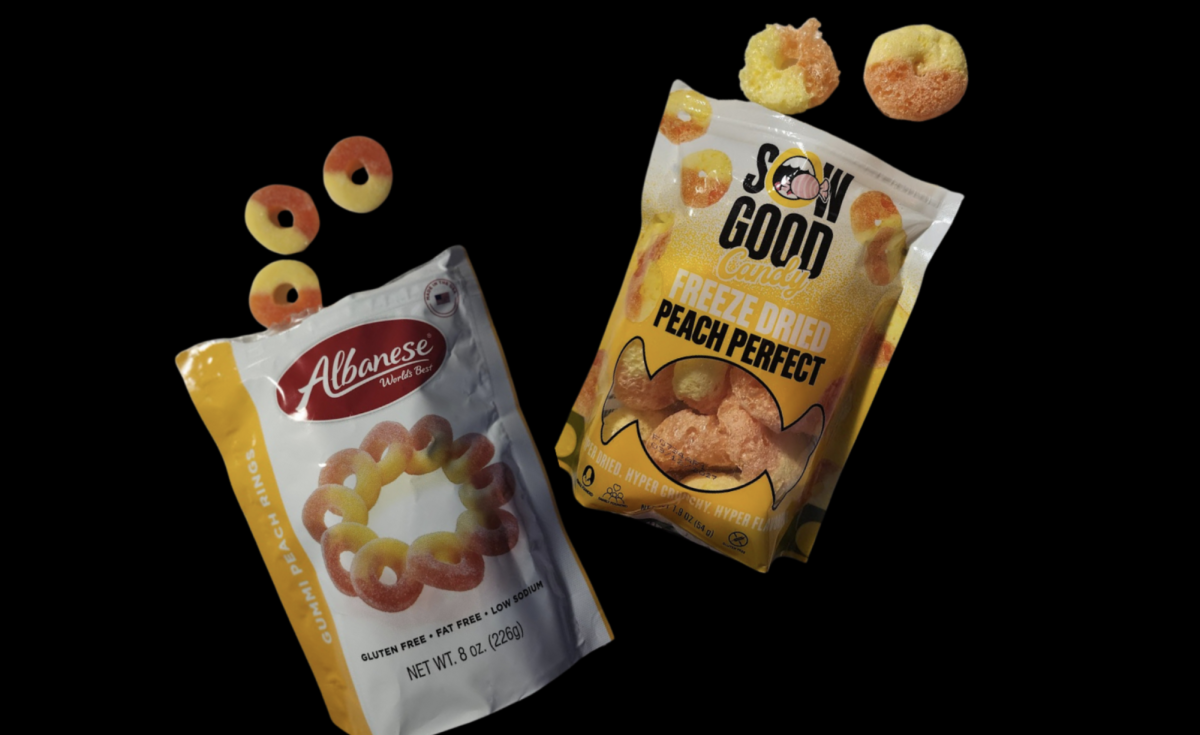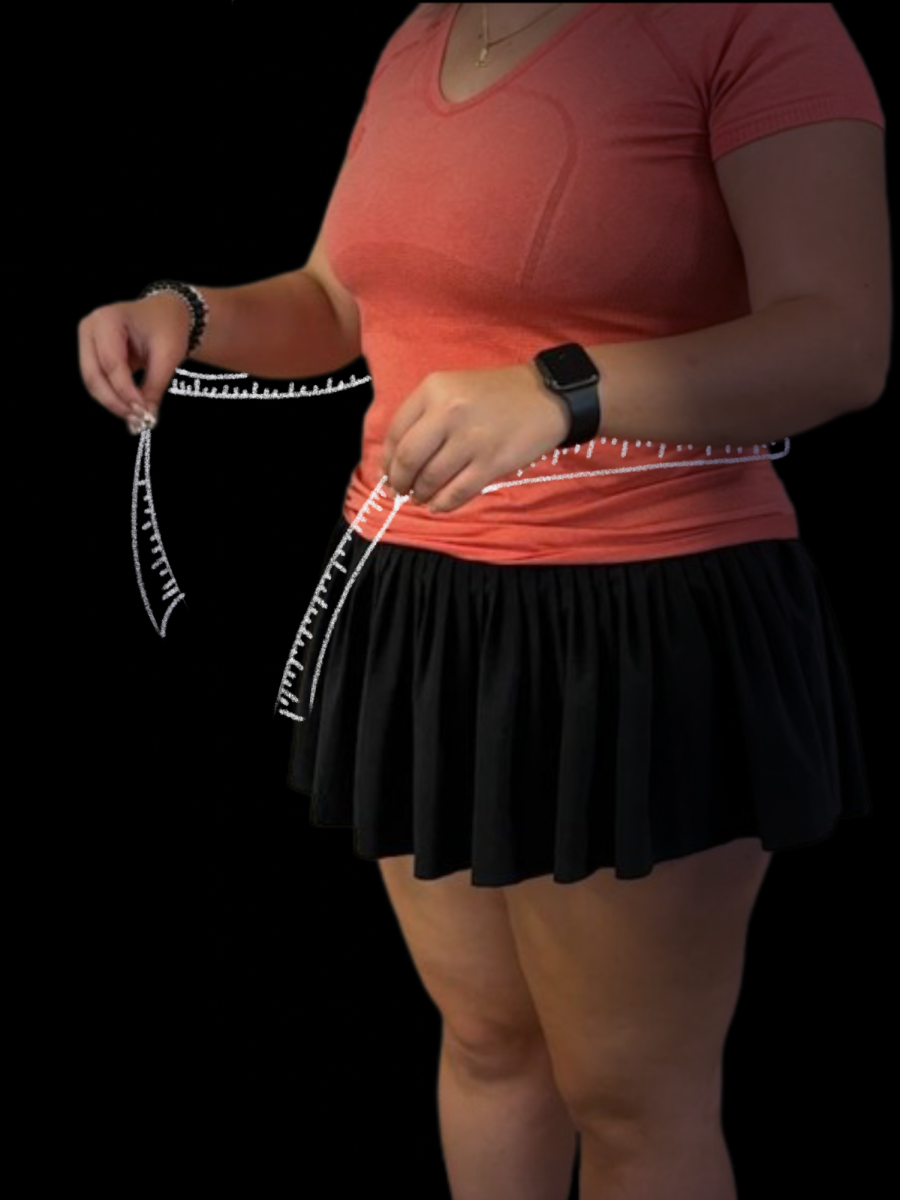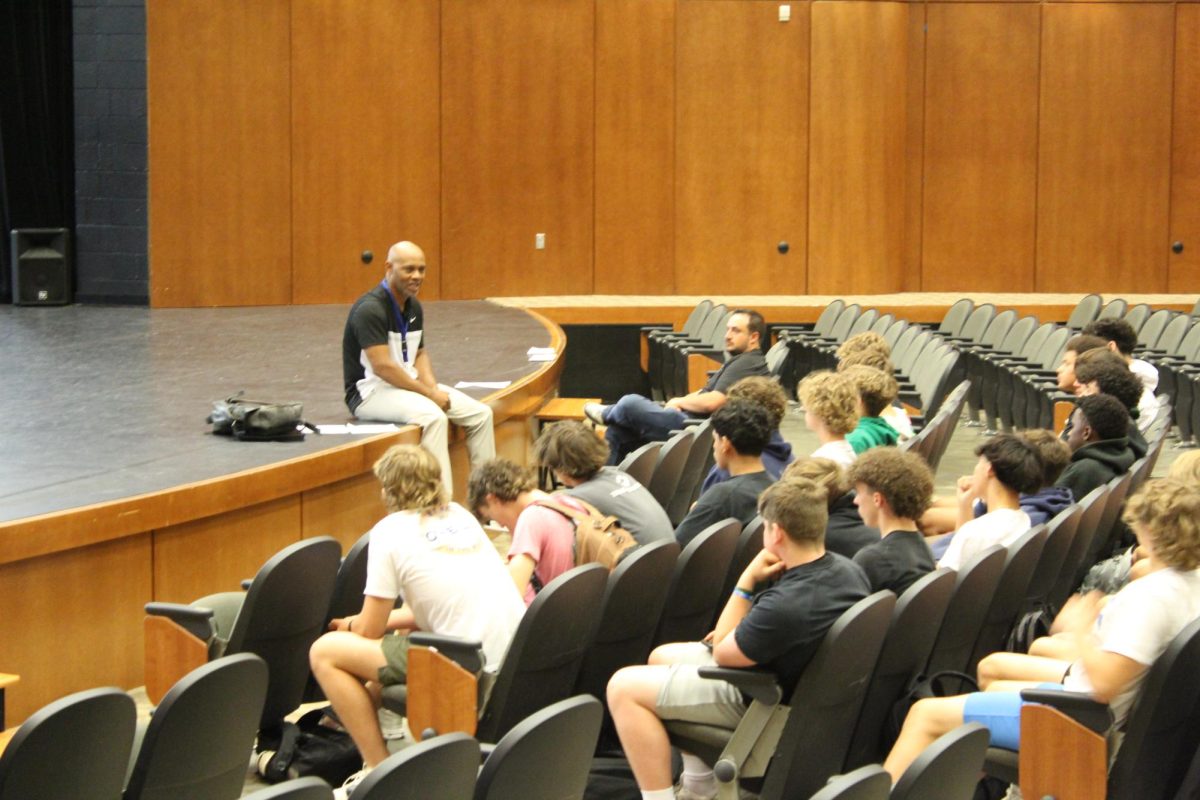Brands like Shein, H&M and Forever 21, are widely known for their low prices and trendy clothes, but there’s much more behind the low retail price than meets the eye. The controversy around the term “fast fashion” is gaining more and more traction. Fast fashion is mass production of trendy clothes at a very low price.
These brands have gained popularity as some influencers buy hundreds or thousands of dollars of clothes from brands like Shein, and then do hauls of them on social media.
Over the last few years, these brands have been involved in lawsuits due to ethical and environmental violations. U.K.’s Channel 4 did an undercover investigation and found Shein workers working 75-hour shifts.
The station sent Iman Imrani, an undercover reporter, who found that workers in these factories were getting paid two cents for every item they made.
In 2022, Shein reported gaining $100 million in sales, adding thousands of new style options onto the Shein website every day, according to the organization.
The Bangladesh Bureau of Statistics found that nearly two million children are working full-time. 60% of those children are in hazardous work environments. “In terms of economic sectors, 1.27 million children were engaged in the service sector, 1.19 million in the industrial sector and 1.08 million in agriculture.”
Less than one percent of clothes get recycled, which makes the fashion industry terribly unsustainable. The United States Environmental Protection Agency reports that, on average, the United States generates 17 billion pounds of textiles, the large majority ending up in the landfill.
Many Gen-Zers have begun to search for alternative ways to buy clothes in a more sustainable way. Thrifting or buying second-hand is becoming more popular with the younger generations. This is a great way to keep clothes out of the landfill and also stop overconsumption in the fashion industry.
Another problem has begun to rise with this, as prices have risen due to this trend of thrifting and buying second hand. There is no way to truly get rid of these brands, but by making efforts to avoid them, consumers can increase the demand for sustainable and ethically sourced clothes and hopefully see a change in the fashion industry.
